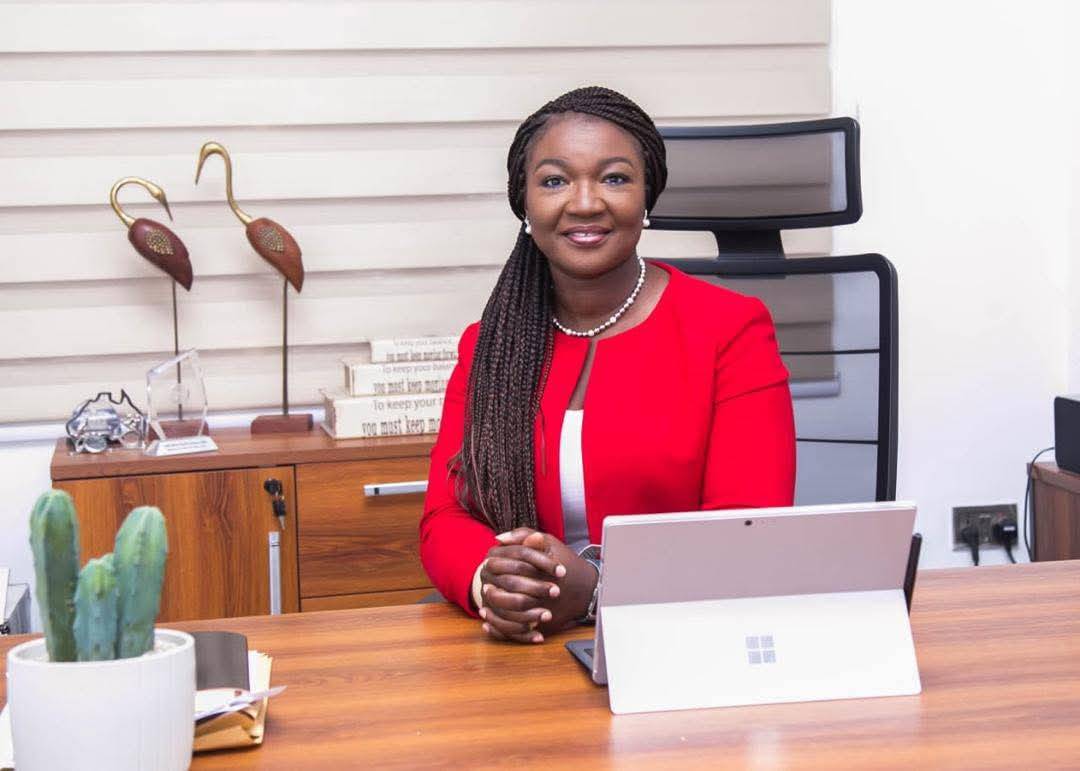GHANA TO ESTABLISH SPECIALISED COURTS TO TACKLE AUDIT FAILURES, ILLEGAL MINING AND ENVIRONMENTAL CRIMES
If you have been following the ongoing proceedings at the Public Accounts Committee (PAC) of Parliament, one conclusion is inescapable: Ghana must confront – decisively and urgently – the root causes of endemic corruption and environmental degradation. For how long can we continue to lament leakages in the public purse? For how long must the President repeatedly call for further investigations into audit infractions, only for accountability to stall after the publication of reports? Yes, the Auditor-General’s annual reports expose systemic failures and financial infractions, however, one crucial limitation persists – the office does not have prosecutorial powers.
Against this backdrop, the Government of Ghana, in a bid to ensure transparency and accountability, has taken a strong and consequential step. In October 2025, the government announced it will establish specialised financial and environmental courts to prosecute offences identified in the Auditor-General’s reports and to address illegal mining (“galamsey”) and related environmental crimes.
Unveiled by H.E. John Dramani Mahama after consultations with the Acting Chief Justice Paul Baffoe-Bonnie, the Attorney-General Dr. Dominic Ayine, and the Auditor-General Johnson Akuamoah-Asiedu, the initiative introduces “circuit adjudications” nationwide, which will ensure that justice is not only served, but seen and felt across every region of Ghana.
At the same time, the Auditor-General will continue to exercise constitutional powers under Article 187(7)(b) to disallow illegal expenditures and surcharge individuals who misuse public funds. This sends a clear message: impunity is no longer an option.
WHY THIS MATTERS FOR PUBLIC INTEREST AND ACCOUNTABILITY
1. Closing the Enforcement Gap
For years, audit reports in Ghana have flagged large sums of public funds mismanaged, mis-applied or simply unaccounted for. Too often, however, prosecution and recovery of stolen or misused funds have been delayed or been absent entirely. These specialised courts change that reality. By dedicating judicial resources specifically to audit and environmental offences, the state signals that these are high-priority issues.
2. Deterring Corruption and Misuse of Public Purse
What will happen when public officers know that audit infractions do not end in reports, but in prosecution? The dynamic changes. Combining the Auditor-General’s surcharge powers with swift court action creates a powerful deterrent and reduces the inclination to mismanage public resources.
3. Addressing environmental crimes and illegal mining
The inclusion of illegal mining (“galamsey”) and other environment-related crimes within the remit of these courts is especially important. These activities not only degrade the environment and undermine sustainable development, but also drain public funds (for rehabilitation, enforcement, lost revenue). By treating such offences with the same seriousness as financial mismanagement, the government links environmental harm with broader public accountability. And we must remember that this is a crime against national survival and future generations.
4. Breaking Barriers to Accountability
Persistent obstacles to prosecuting audit-related offences have included case backlog, jurisdictional confusion and limited specialized capacity. And these barriers have long undermined accountability. However, circuit courts across the regions will bring justice closer to the people, reduce delays and increase public confidence.
5. Protecting the Public Purse
Mismanagement means that funds meant for schools, hospitals, infrastructure, services end up diverted or wasted. But when those behind such misuses are held to account, the pool of resources available for the public good would increases. Moreover, visible accountability renews trust that government resources belong to all Ghanaian citizens – not to insiders, contractors, or political networks.
WHAT WILL ENSURE SUCCESS?
• Effective resourcing of judges, prosecutors and investigators with financial-crime and environmental-law expertise
• Public transparency, including published case outcomes
• Robust whistle-blower and witness protection mechanisms
• Complementary governance reforms – procurement discipline, internal audit strengthening, open contracting
• Sustained political will beyond electoral cycles
POTENTIAL CHALLENGES
• If the courts are under-resourced or overloaded, they could replicate the same delays that have frustrated accountability in the past.
• Without structural reforms, the “pipeline” of mismanagement may simply shift rather than shrink.
• Ensuring independence from political interference is vital; special courts must operate impartially and credibly.
• Environmental and illegal-mining offences often involve networks, including community-level actors; so the judicial response must be coupled with socio-economic alternatives.
In conclusion,
The establishment of specialised courts for audit and environmental offences represents a significant step forward in Ghana’s governance evolution. It moves accountability from aspiration to actual enforcement, ensuring that “no one is above the law” becomes a lived reality, not a slogan.
If implemented effectively, this initiative would mark a turning point in Ghana’s pursuit of accountability and sustainable governance. It reinforces the principle that protecting the public purse and safeguarding the environment are inseparable pillars of national development. Beyond deterrence, it offers a chance to rebuild public confidence in state institutions and demonstrate that justice applies to all irrespective of status or office.
In the fight for transparency and sustainable development, Ghana is drawing a line in the sand. And the question now is simple: will we, as citizens and institutions, rise to meet this moment?
The answer must be yes—for the public purse, for the environment and for the generations who depend on our choices today.
#actanonverba #democracy #JusticeForAll
#MahamaThePresident
Joyce Bawah Mogtari ( Esq)
Maritime Transport Expert
Special Advisor to the President of Ghana




No comments yet
Be the first to share your thoughts!